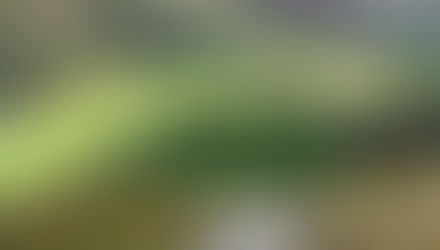A FIELD IN NORTH WALES: THE VALLEY THAT SHAPED ME
- Becky Rose

- Nov 7, 2025
- 3 min read

I’ve been going to the same valley and staying in the same field in North Wales for about thirty years. It’s here that my excitement and passion for being in the mountains first took root.
When I was younger, it was all about escaping the field and exploring the knoll — a patch of land next to the campsite and farmhouse that was large enough to explore but safe enough that we couldn’t get lost. Dens and bases were built each holiday, and our little gang of friends would defend our territory against visiting child strangers — unless, of course, they knew the password. We spent hours swimming in the stream, only getting out when Dad came to collect my brothers, Mum, and me as we started to turn blue from the cold, coaxed out with hot chocolate, even on the warmest summer days.
As I grew older, building bases became far less important. It was all about long, serious hikes. I became obsessed with finding new and longer routes, sometimes dragging my arthritic mum up mountains and along paths we probably shouldn’t have attempted. It was pure adventure — and I loved every second of it, collecting more treasured memories along the way.
The most recent trip taught me something new about what this land has to offer. I found great solace simply by being in the field — appreciating where I was, no longer worried about making the most of my time through constant exploration. Instead, I used the time to stop, breathe, and reset.
Arriving at the campsite always brings a familiar feeling, like seeing an old friend — not much has changed, yet everything somehow has. There are new faces on the site, the caravan is gathering new damp patches (though she’s still faithful and will last a few more years yet). I felt different this time. A lot has happened to me and to those close to me, and the world itself feels heavy. I wasn’t ready to charge off on an early-morning hike or fill my days with constant activity. Instead, I was more mindful — more reflective of where I was and who I was with. Time slowed down enough for me to catch up with myself.
I feel safe in the field. Even when the heavens open and the rain pelts down so hard it stings, and the rivers swell, threatening to burst their banks. Even in blistering heatwaves (yes, they do happen in Wales), when it’s impossible to find shade, when the mosquitoes attack in droves, leaving me awake at night with ice blocks pressed to the bites. Even when the biggest bull I’ve ever seen escapes into the campsite — and I’m the only one there, hiding in the caravan because the season hasn’t quite begun.
Having this other place I can call “home” has been such an important part of my work. It’s become a kind of ground control — a place to absorb the wild around me, feeding into my paintings.
Yet one thing continues to elude me: I can’t seem to paint while I’m there. Quick sketches on walks and plenty of photographs are all I can manage. It just doesn’t feel like the right place for painting. When I’m there, I need to observe and absorb — yet my way of painting demands that I become absorbed in the canvas and in memory, not in what’s immediately before me.
Perhaps this will change over time, as my relationship with the mountains continues to evolve. Where my inability to paint in the wild once frustrated me, I now accept it as something my practice hasn’t yet embraced. In lifting that pressure from myself, perhaps a new way of painting will emerge.




















Comments